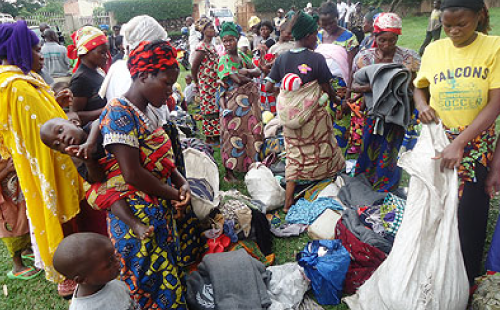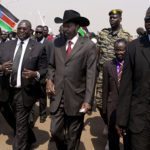Uganda is one of the countries in the Great Lakes region that has committed to help find a lasting solution to the Rwandan refugee problem, arising out of political upheavals that forced millions of Rwandans to flee their country between 1959 and 1998.
Over the years millions of Rwandans have had to flee their country after ethnic clashes that culminated in two genocides against the Tutsi; one in 1959 and the 1994 Genocide in which close to a million lives were lost, with millions of others fleeing the country.
Other countries which have played host to Rwanda refugees over the last 57 years include Angola, Burundi, the Democratic Republic of Congo, Kenya, Malawi, Congo (Brazzaville), South Africa, Zambia and Zimbabwe and, according to the United Nations High Commissioner for Refugees (UNHCR), they have all pledged to help end the ‘Rwanda refugee problem’ by the end of next year.
The decision follows deliberations of the ministerial meeting held in Geneva between officials of the UNHCR, the African Union (AU) and the refugee host countries, following seven years of negotiations that began in October 2009.
‘This ministerial meeting, hosted by the Office of the UN High Commissioner for Refugees (UNHCR)) in Geneva, marks the last phase of a comprehensive solutions strategy for Rwandan refugees who fled their country between 1959 and 1998 to escape inter-ethnic violence and armed conflict’, the UNHCR said.
Speaking about the matter Filipo Grandi, the UNHCR High Commissioner said: “In a world where there are more than 21 million refugees, the focus should not just be on providing protection and humanitarian assistance, but on proactively identifying solutions. The meeting today constitutes a crucial step in providing solutions to the many Rwandans who sought refuge between 1959 and 1998, and in bringing one of Africa’s most protracted refugee situations to a close.”
At the meeting, UNHCR’s Assistant High Commissioner for Protection, Volker Türk, underlined that the agency stands ready to continue working with the States hosting Rwandan refugees to find solutions in accordance with the strategy and within the set timeline of December 2017.
All States confirmed that they will continue to promote the option of voluntary repatriation to Rwanda in safety and dignity, including by providing the refugees with comprehensive information on the conditions of return. At the same time, UNHCR agreed to provide an enhanced return package, and to progressively transition from in-kind support to a more cash-based form of assistance to ensure their sustainable reintegration.
The countries that have invoked the cessation clause reassured that any refugee whose refugee status is maintained after an exemption process will continue to receive international protection and be supported.
The genocide in 1994, followed by armed clashes in the north-west of the country in 1997 and 1998, caused more than 3.5 million Rwandans to flee in search of safety. All but 268,500 of the refugees have found a solution, UNHCR said.








